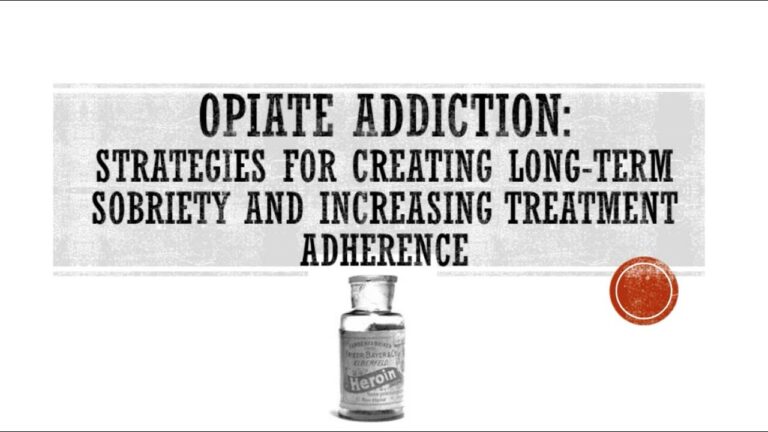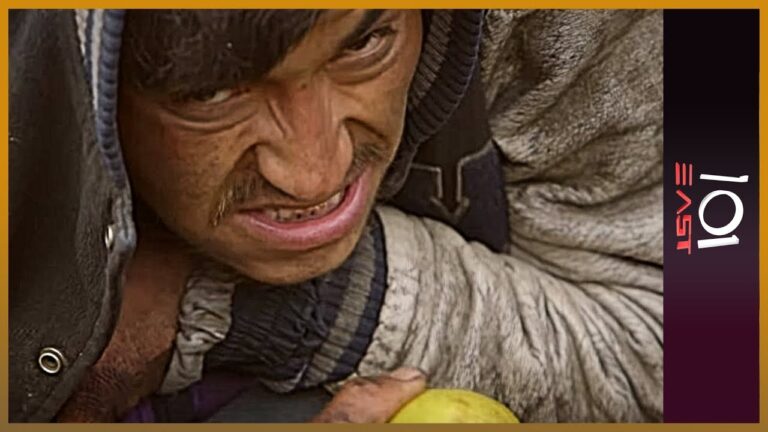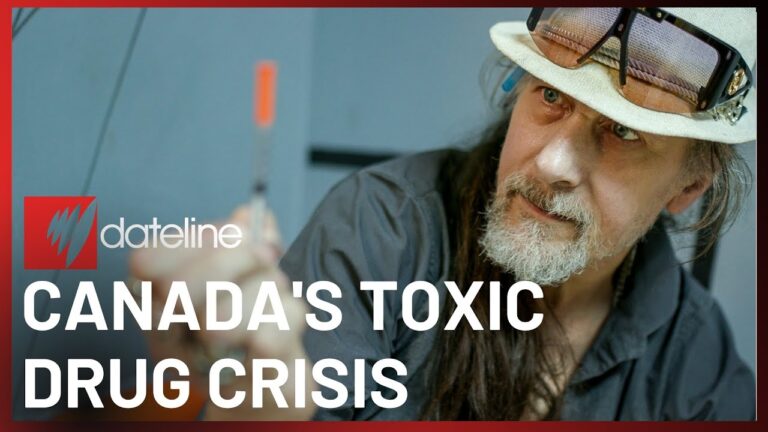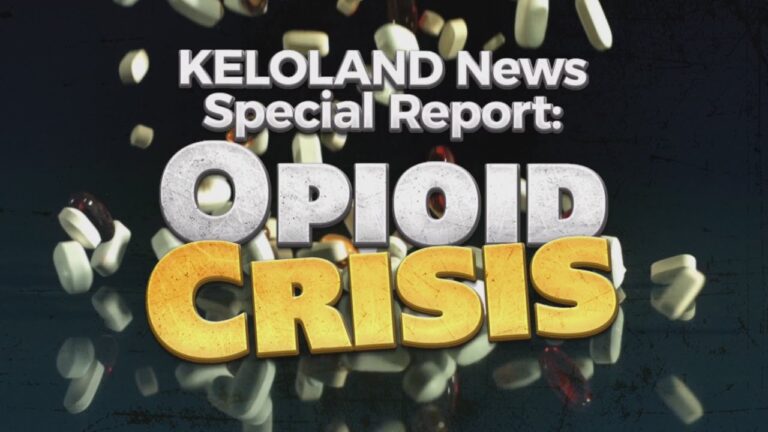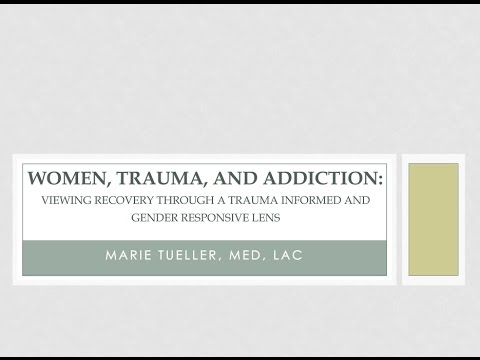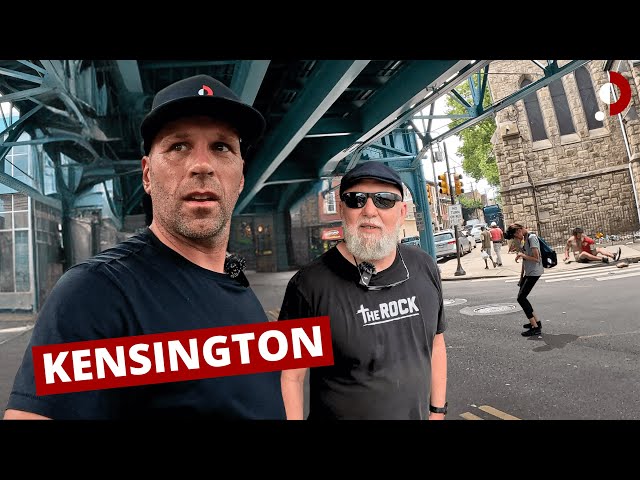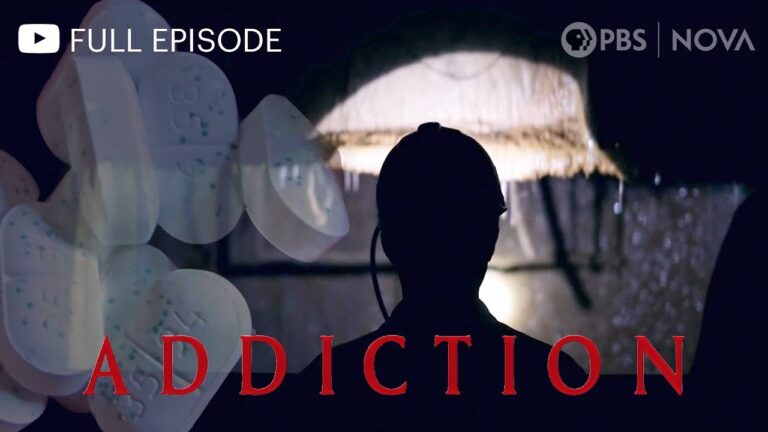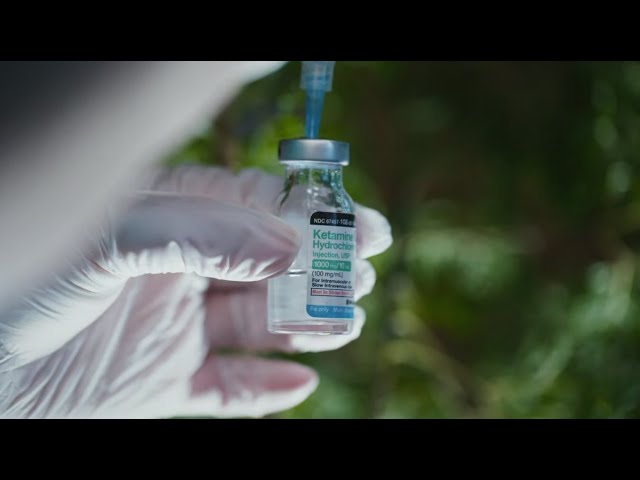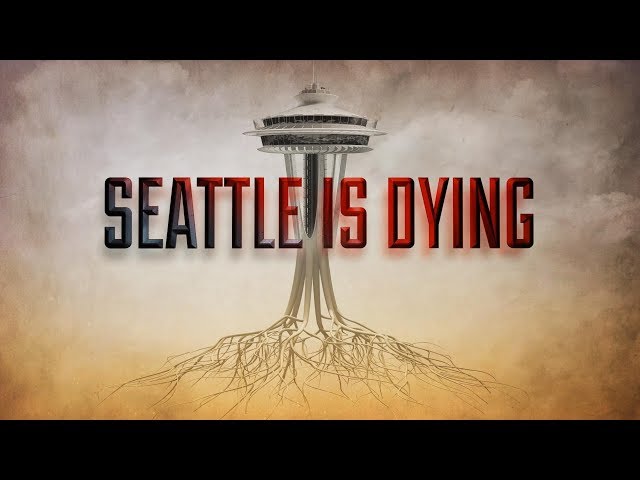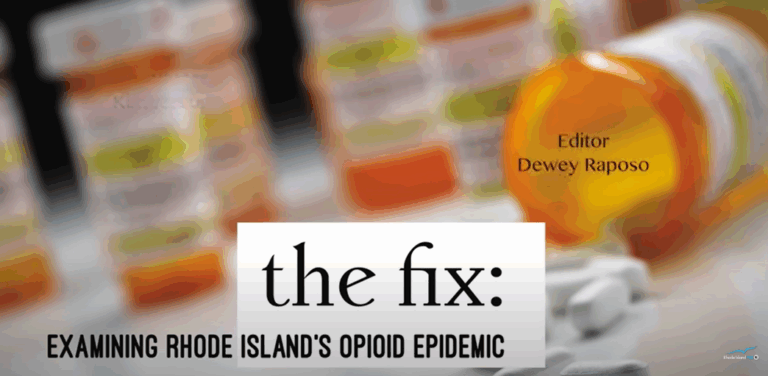Introduction
Afghanistan has one of the world’s highest drug addiction rates. According to the Taliban, there are an estimated four million drug addicts across the country. Babrak, a former mujahideen fighter, used to be one of them. Now, he is committed to supporting addicts to detox in one of the capital’s under-resourced drug rehabilitation hospitals. Since the Taliban took power in 2021, international aid has been withdrawn and public services are on the brink of collapse. Babrak and a handful of medical staff struggle to offer a line of hope as the Taliban’s anti-drug policies are put into action. [Taken from YT description]
Watch Now!
Quotes
“I think Afghanistan is cursed. Every day, more and more people are becoming addicts because of the country’s collapsed economy. I know what I’m talking about. I used to be an addict myself. Every day, the number of addicts is growing and there’s no solution in sight.”
“When you bring them in, one thing they hate is water. They’ll avoid going under the water. With the help of the volunteers and hospital staff, we’ll make them wash. The people we bring from outside are completely destitute. They can’t wash themselves, they only consume drugs. There are no facilities out there to take a shower and to stay clean.”
“I have four children, two sons and two daughters. They’re with their mother at home. My two older brothers are paying for my family’s expenses. I was going around the city pickpocketing people finding money for my addiction, taking drugs and sleeping anywhere I lay down. When I cross the road, even the children shout, ‘powder addict’, that’s not a good life.”
“When you stop using, you forget everything. It’s like the beam of a torch in the dark, you only focus on one thing, the drug. If you quit, you can’t control your nostrils, you can’t control your tears. Your whole body stops functioning.”
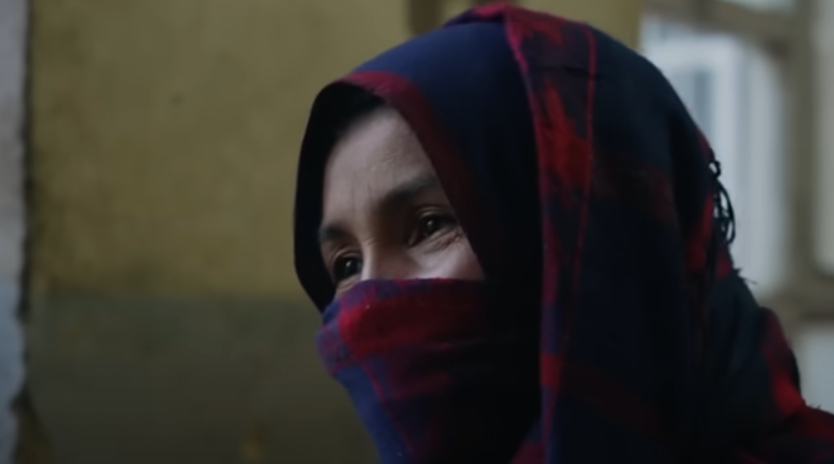
“I have four children. I was always afraid that he’d hit the children and hurt them. If he didn’t have drugs and came home, the children and I would leave the house … He didn’t care about our children or our family. All he thought about were drugs and the money to buy drugs. If he was here, he’d be of no use to us … He’d be like a dead body.”
“Back then, financial problems lead you to drugs. They were the only way to forget your problems for a while. But at some point, the relief turned into addiction. Five years ago, when I couldn’t take it anymore, I decided to quit. Little by little, my family … turned away from me because I was no longer trustworthy. It’s difficult. Even I find it hard nowadays to trust an addict. When I finally managed to quit the drugs, I started to help others to free themselves from drug addiction. Not only Afghans, but I’d help all those who live in Afghanistan and are drug addicts. I would honestly help as a human being.”
“International aid has been significantly reduced since the Taliban takeover. The Ibn Sina hospital struggles to stay open and only a handful of medical staff continue to work there. Addicts have to suffer withdrawal without medication.”
“There are a growing number of addicts in rural areas and in the north and I’ve seen more women addicted to opium as well, but I don’t know the exact numbers that the world community or the UN have estimated.”
“There isn’t enough to provide for them. We bring them everything we can so that they can eat. If the world community cuts off the money supply to Afghanistan, they will be the first to suffer.”
Continue Learning
Hey there! I hope you found this resource useful! If you’re interested in learning more about some of the topics discussed, you can browse through these additional resources. Please don’t hesitate to contact me if you need help with anything else.
Afghanistan’s War on Drugs
- A Knowledge-Based Approach to Tackling Afghanistan’s Drug Abuse Crisis
- Afghanistan: How Much Opium Is Produced and What’s the Taliban’s Record?
- Afghanistan, Home to the Heroin Trade, Moves Into Meth
- Associations of Treatment Completion Against Drug Addiction With Motivational Interviewing and Related Factors in Afghanistan (2018)
- How Heroin Defeated America in Afghanistan
- How the Taliban’s ‘War on Drugs’ Could Backfire
- Inside the Taliban’s War on Drugs
- Kabul: Rehab Hell
- Media Factsheet: Drug Use and Treatment in Afghanistan [PDF]
- Meth and Heroin Fuel Afghanistan Drugs Boom
- Prevalence of Drug and Alcohol Use in Urban Afghanistan (2014)
- Taliban’s War on Drugs Going Strong, for Now
- The Taliban Says It Wants to Ban Drugs in Afghanistan. Here’s Why It Can’t
- Understanding Injecting Drug Use in Afghanistan (2022)
- UNODC: Afghanistan Opium Survey (2023) [PDF]
- UNODC: Drug Use in Afghanistan (2009) [PDF]
Ibn Sina Drug Addiction Treatment Hospital
- Afghanistan’s Drug Dilemma
- Boom in Meth Addiction Adds to Afghanistan’s Opium and Heroin Woes
- Kabul’s Last Circle of Hell: The Bridge of Drug Addicts
- Inside the Taliban’s New Drugs Hell
- New Afghan Drug Treatment Facility Helps Homeless Addicts Get Clean
- Taliban Subject Drug Addicts to Brutal Rehab, Fierce Beatings and Forced Labour
- Under Taliban, Kabul’s Drug Addicts Forced Into Withdrawal
Share Your Opinion
If you have finished reviewing this resource and have some spare time, I would greatly appreciate it if you could provide your opinion. Was it useful and informative? Did you run into any problems or find something distasteful? I’m thankful for any constructive and helpful feedback to help me improve.
* Your review will be for this specific post and as a result will affect the star rating of the resource. All submissions are reviewed for approval to filter out spam and inappropriate comments. Your email is requested as I may want to follow-up with you. Please also be aware that your review may be placed publicly on this website for others to read.
There are no reviews yet. Be the first one to write one.
